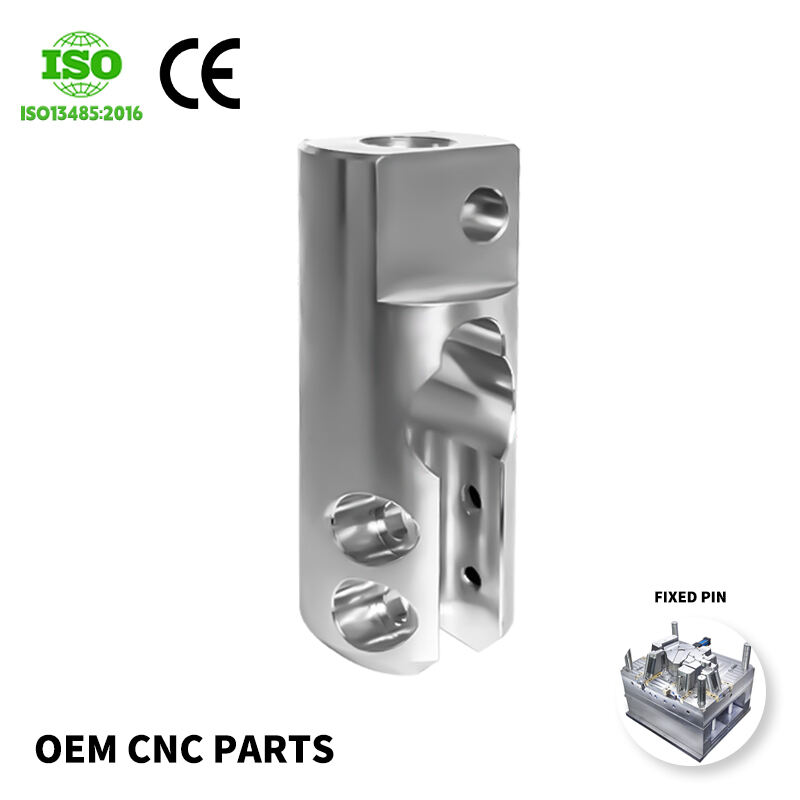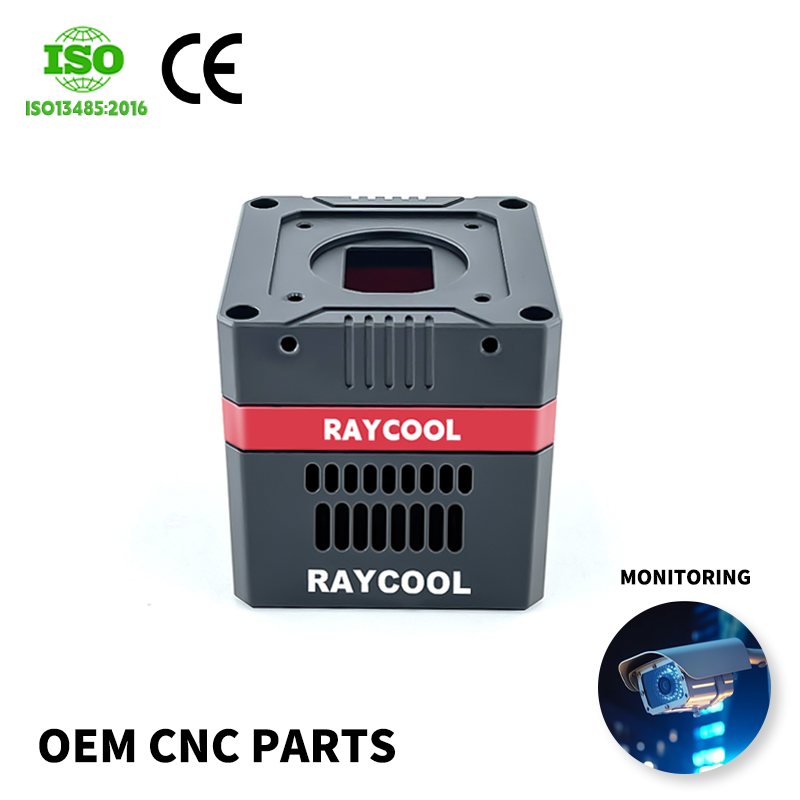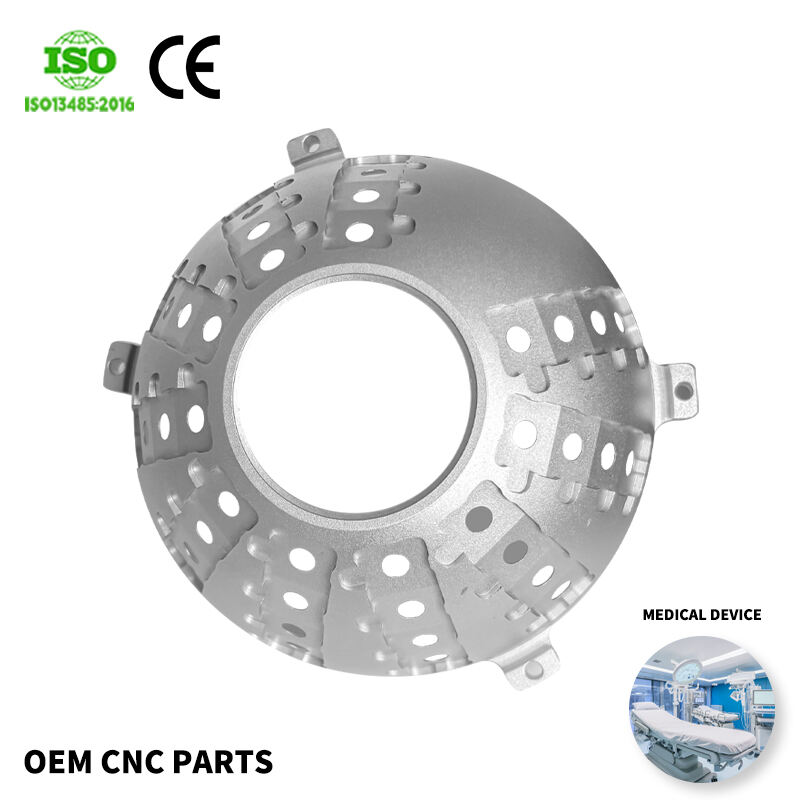making plastic parts
Making plastic parts is a sophisticated manufacturing process that combines precision engineering with advanced materials science. This process encompasses various techniques including injection molding, blow molding, and thermoforming, each serving specific production needs. The manufacturing of plastic parts involves carefully selecting appropriate polymers, designing optimal mold configurations, and implementing precise temperature and pressure controls to achieve desired results. Modern plastic part production utilizes computer-aided design (CAD) systems and automated machinery to ensure consistency and quality in high-volume manufacturing. The process begins with raw plastic materials, typically in pellet or powder form, which are then melted and formed into specific shapes through various molding techniques. Quality control measures are integrated throughout the production cycle, involving dimensional accuracy checks, material integrity testing, and surface finish evaluation. This manufacturing method has revolutionized numerous industries, from automotive and electronics to medical devices and consumer goods, offering cost-effective solutions for complex component production.



